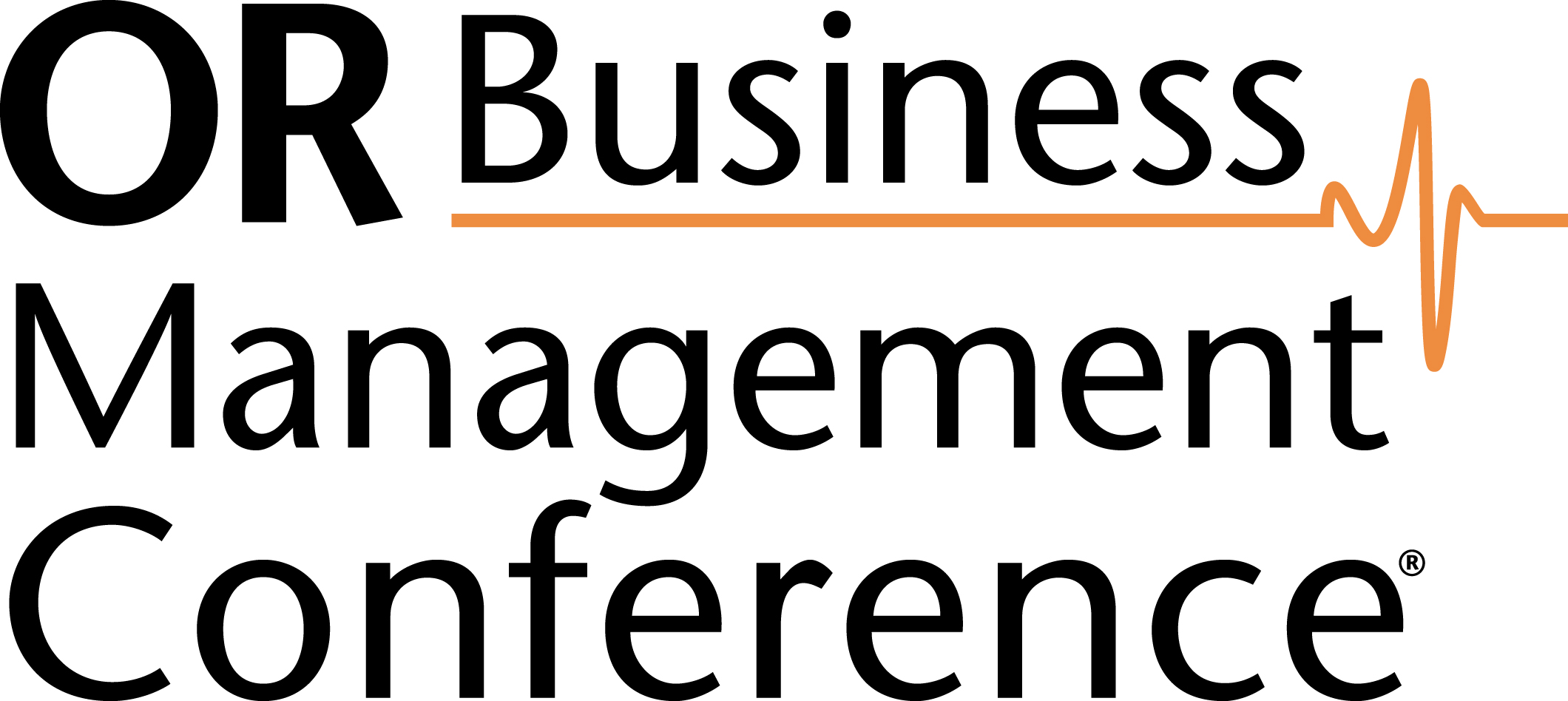Report illuminates how AI transforms hospitals, healthcare

Editor's Note A paper published March 29 in the journal Bioengineering examines the growing integration of artificial intelligence (AI) into hospital and healthcare systems and the way in which it is augmenting clinical decision-making, optimizing hospital operation and management, improving medical image analysis, and transforming patient care and monitoring through…
Session: What are the legal implications of AI in healthcare?

Editor's Note How will healthcare regulators deal with artificial intelligence? How will malpractice law change, and who will be liable for harm derived from AI diagnosis and treatment recommendations? What can be done about bias in AI? Even amid a surge in algorithms cleared by the FDA, all of these…
Machine learning study shows AI’s potential for predicting kidney transplant outcomes

Editor's Note: Artificial intelligence (AI) leveraging machine learning (ML) and natural language processing (NLP, a subset of machine learning) models can help identify donors with kidneys unsuitable for organ transplant, according to a study published November 1 in Jama Surgery. Despite the unmet need, many deceased-donor kidneys are discarded or…
AI screening identifies patients’ risky preoperative alcohol use

Editor's Note: A recent study suggests artificial intelligence (AI) can be valuable for identifying patients who consumed risky amounts of of alcohol prior to surgery. Findings appeared in the journal Alcohol, Clinical and Experimental Research on January 8. For the study, researchers extracted 3 years of text-based clinical records from…
Promising AI applications in healthcare: Chat GPT-4, natural language processing
Editor's Note Chat GPT-4, the latest version of an artificially intelligent chatbot, shows promising applications in healthcare, as reported by The New York Times on March 14. With greater accuracy and descriptive abilities, the chatbot was recently tested by Anil Gehi, MD, associate professor of medicine and cardiologist at the…
State of natural language processing in surgery: Part 2

Takeaways Natural language processing (NLP) may be helpful for predicting surgical outcomes and can facilitate more robust research. NLP comes with challenges that include potential for bias, costs, technology and terminology barriers, and the need to adapt to new ways of thinking. Before purchasing products that use NLP, OR leaders…
State of natural language processing in surgery: Part 1

Imagine this: As a nurse in the OR talks with a patient, a computer listens in, recording the nurse’s notes so that data are added automatically to be retrieved later. The surgeon and anesthesiologist also interact with the patient without the burden of manual data entry, and the insurance company…

 Free Daily News
Free Daily News